
The first owners of the inn "Nacional" were Viden and Lazar Marković.
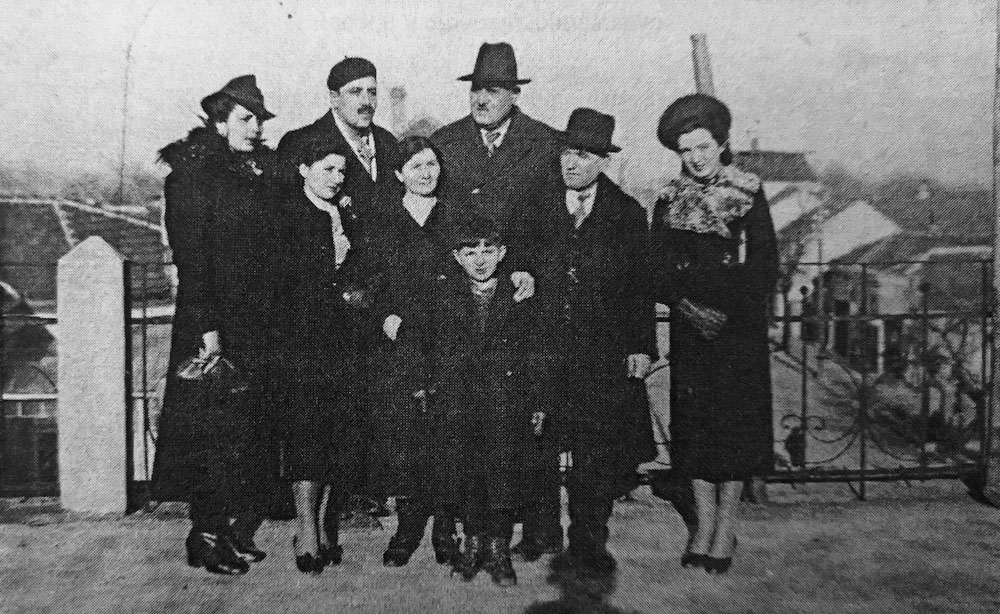
In the early 20th century, inn "Nacional" was bought by Cvetko Kančević, "Boss Cvetko - Deka", who also owned a nearby business producing seltzer and sodas. He develops it into a respectable restaurant with many permanent guests, music program and group celebrations.
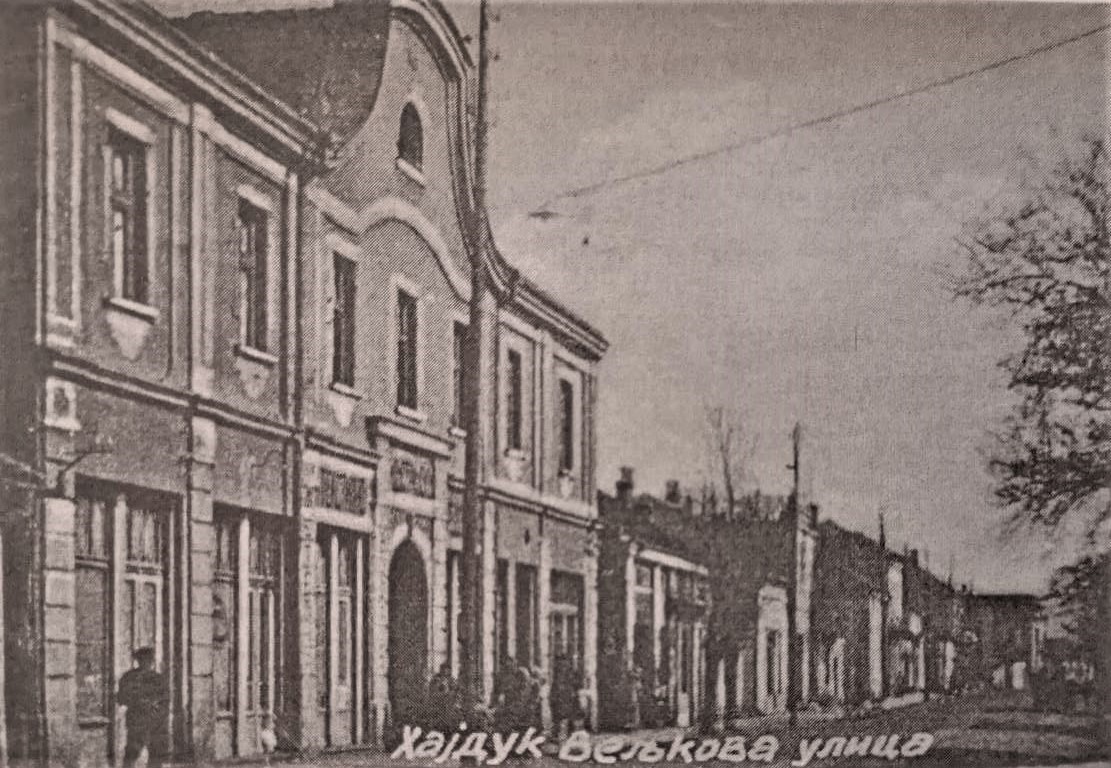
Several years before the World War II, Najda Stojanović becomes the new owner of the inn "Nacional", which he runs together with wife Živa.
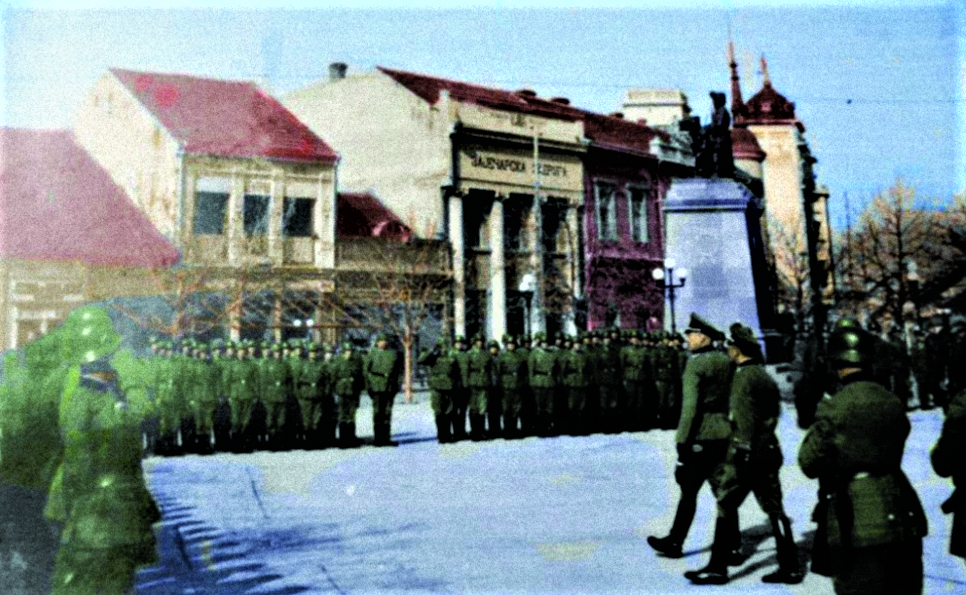
Refusing to "serve the Germans", Najda Stojanović kept the inn closed during World War II.
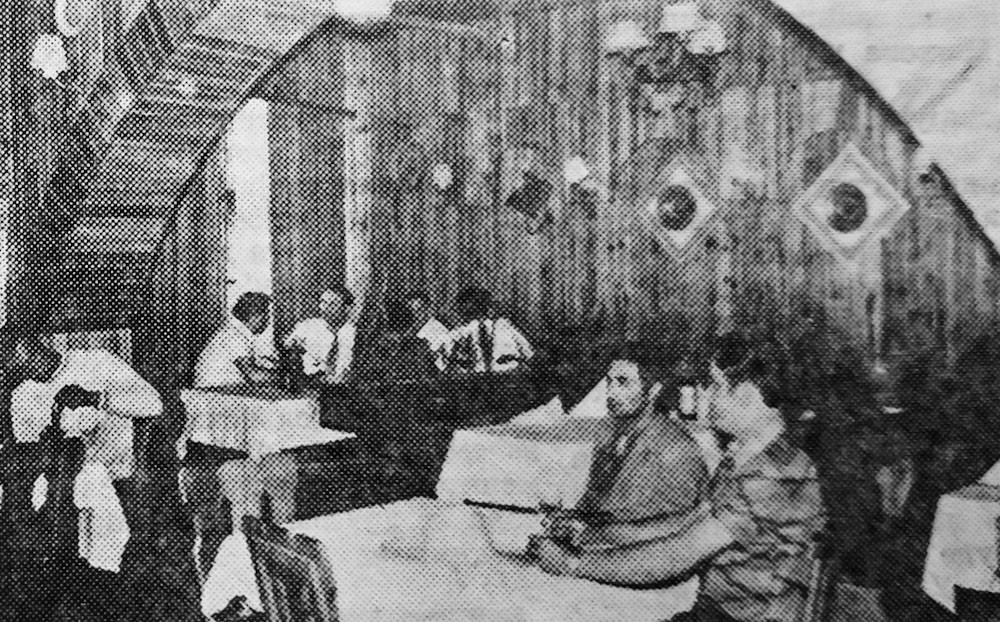
After World War II, the inn "Nacional" was nationalized and becomes state-owned. Until early years of the 21st century, it was known as one of the best Zaječar restaurants under the name "Zelengora".
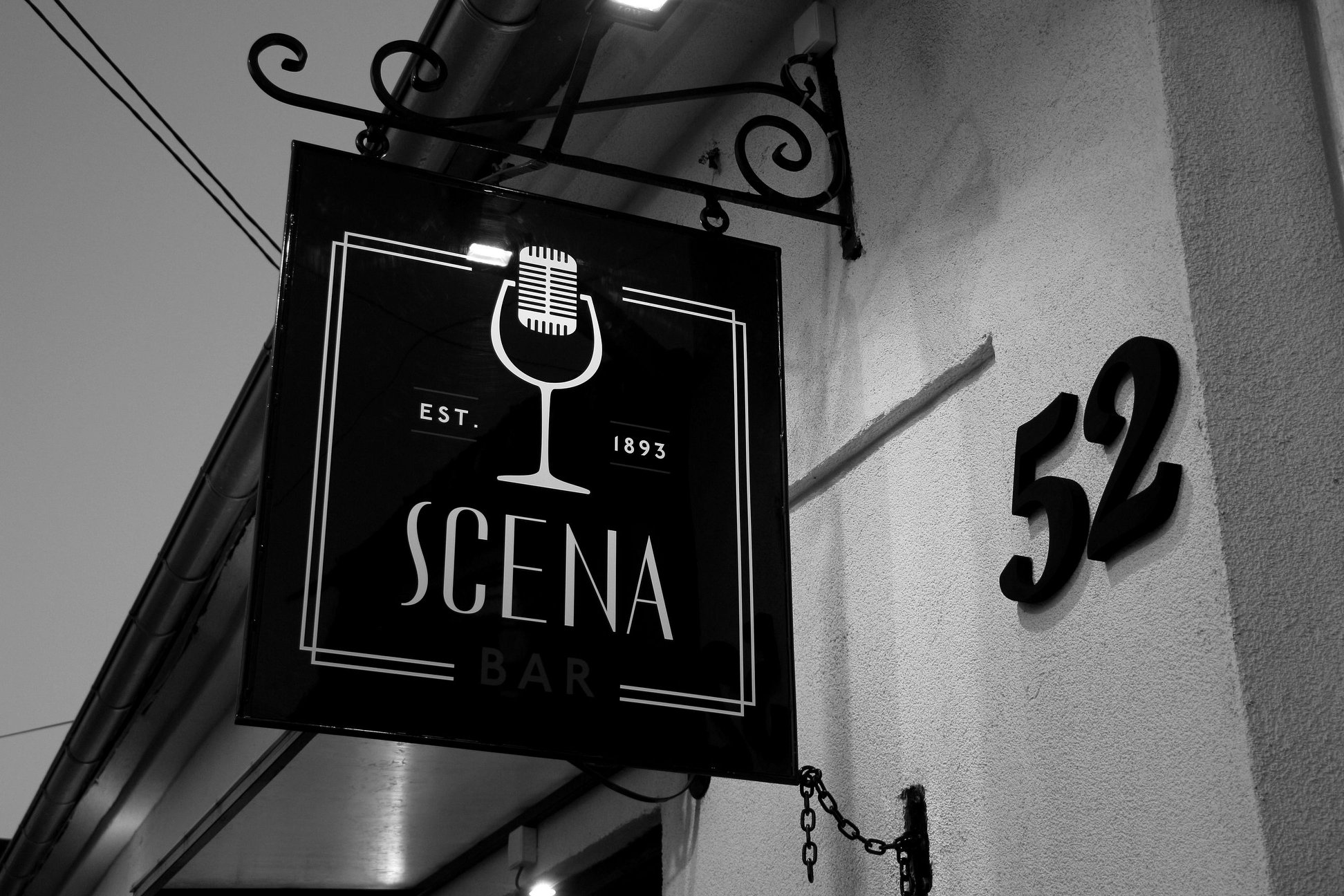
Gordana, Najda Stojanović's granddaughter, became the owner of the building and decided to continue family tradition. After renovation, she opened cafe "Scena Bar" with a rich culture and art program.
INN NACIONAL (1893)
KAFANA ZELENGORA (1948)
SCENA BAR (2019)
The inn “Nacional“, kafana „Zelengora“ after Second World War, and presently “Scena Bar” was established in 1893, and was an important part of the trading and crafts quarter which developed at Hajduk-Veljko Street. This street was the lifeblood of the developing town and it formed around the main road to Negotin. It connected the main city square, formerly the Square of King Peter, today the Liberation Square, and the Big Market Place located there, with the Livestock Market at the other end of the street.
The inn changed owners several times and was originally owned by Viden and Lazar Marković. They sold it to Cvetko Kančević, “the boss Cvetko – Deka”, who also run a small business producing seltzer and soda.
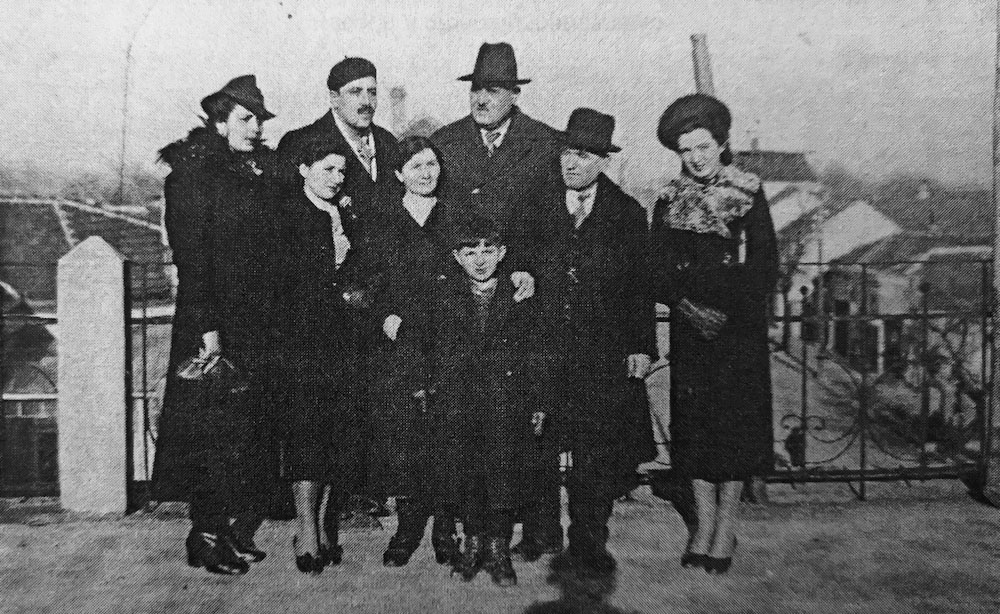
As we read in the historical records, the inn was not particularly big, but was always full. In the morning, its guests were the villagers from the region who used to come for business to the market or for shopping. There were regular guests from the surrounding crafts and merchant stores, who used to drop by every day for Turkish coffee, served with a sugar cube or Turkish delight, and obligatory glass of water from the nearby well. The ones who couldn’t live without rakija or spritzer used to come by as well. Also, there were some regular distinguished guests – doctors, army majors, merchants, clerks etc. who used to live at the same street.
The inn was famous for delicious traditional dishes and barbecue. It always had 2-3 cooks present, and the guests were served by the waiters, and sometimes the owner himself when he wanted to give special attention to the distinguished guests. The most famous waiter was known as Lori, while there were also many extra workers such as Trifun, a Russian immigrant.
In the large backyard there were stables for the guests’ livestock, as well as a big “ice place”. This was a large circular whole with 20m in diameter and 7 meter deep. During winter, the ice from the frozen river Timok was transported, and was covered with straw and tarpaulin to prevent the melting. The ice was used in the summer to refrigerate the drinks at the inn, as well as the soda in the store. It was also sold to other catering venues and ice-cream makers.
During morning hours, the inn was in the shadows, while it had sun in the afternoon. There used to be a large linden tree to create the additional shadow. The guests especially loved its period of bloom when they used to sit outside at the tables placed on the wooden podium built by Boss Cvetko.
At the inn, family and other celebrations were frequently held: engagement parties and wedding lunches, New Year parties, etc. It was common to have live musicians play on “regular” days as well, presenting famous violinists of the town. During the day, the guests used to listen to the music from a radio, back then still rare to find.
Cvetko Kančević was among the first ones at the street to own a radio, and it was placed at the inn where guests used to listen to it with great love and attention. Later on, he moved it to his soda shop, installing a speaker on the street, in front of the shop, for the neighbors and passers by to hear the music and news. Boss Cvetko participated in all Balkan wars as well as in the World War I.
A few years before World War II, the inn “Nacional” was bought by Najda Stojanović. He and his wife Živa used to prepare the meals according to old family receipts, and he continued to supply ice through his “ice place” located in the backyard. He used to store ice from Tupižnica mountain and delivered it to all hotels, pharmacies, and restaurant in Zaječar. He was decorated with medals after World War I and although he closed down the inn during World War II, refusing to “serve the Germans”, the place was taken away from him and nationalized. In the socialist period and until the building was returned to the family of the previous owner, the famous state-owned restaurant “Zelengora” was located here.
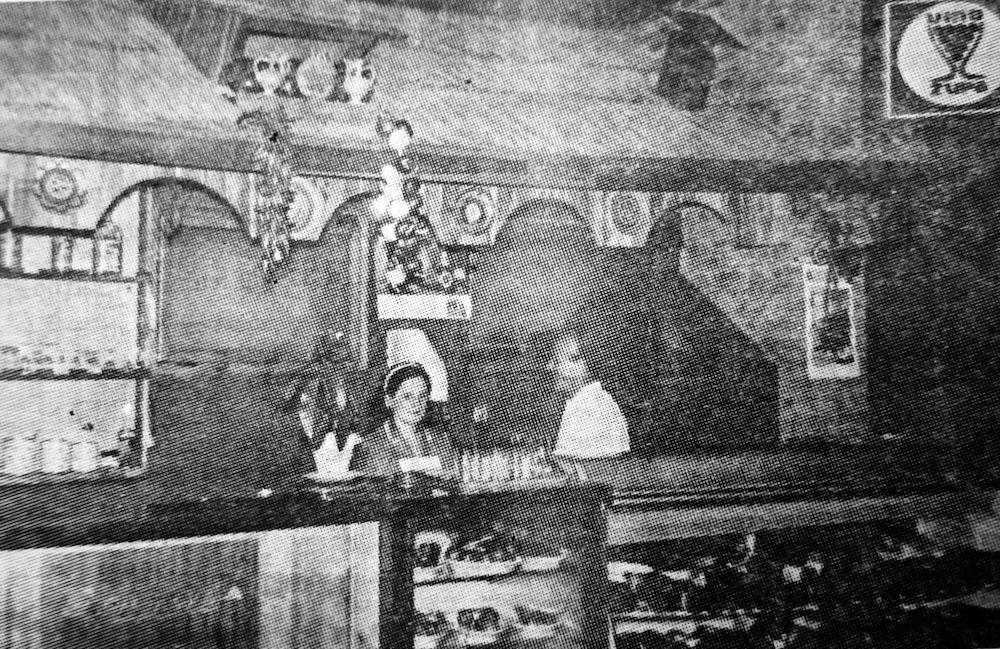
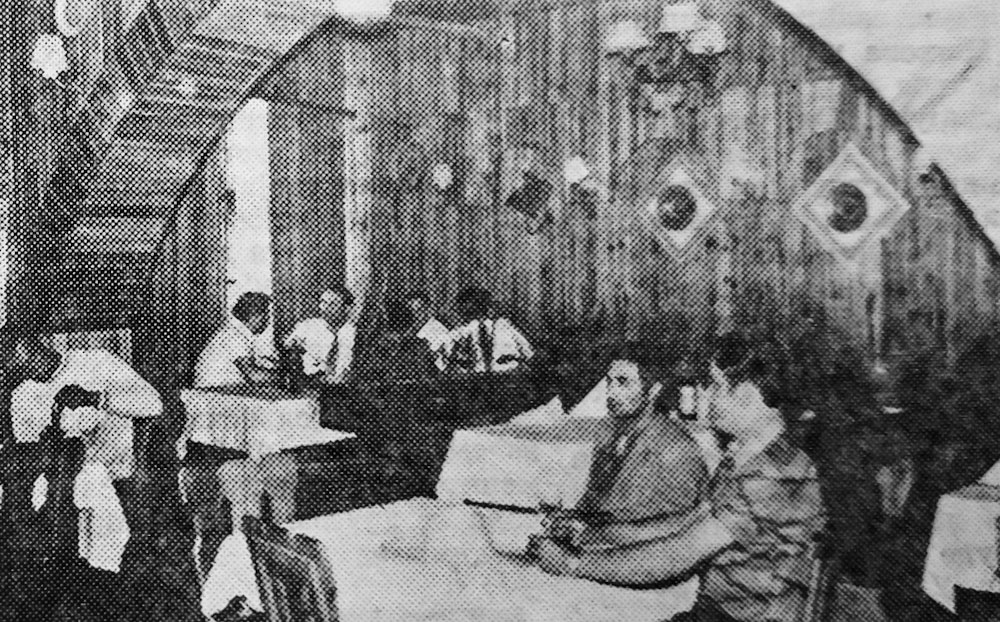
In early 2019, Najdan’s granddaughter Gordana and her family renovated the building, returning it to its previous fame and glory. Gordana founded a café with a cultural mission named “Scena Bar”. To accompany the bar and café, various events and concerts are taking place here, from classic music, jazz, blues and rock ‘n’ roll, to stand-up comedy and theater performances.
Sources:
Miograd C. Kančević, Stevan M. Veljković, Ulica Hajduk-Veljka u prošlosti i danas. Narodni muzej, Zaječar, 2008, pp. 41-43.
Facebook Page Scena Bar: https://www.facebook.com/scenabar/
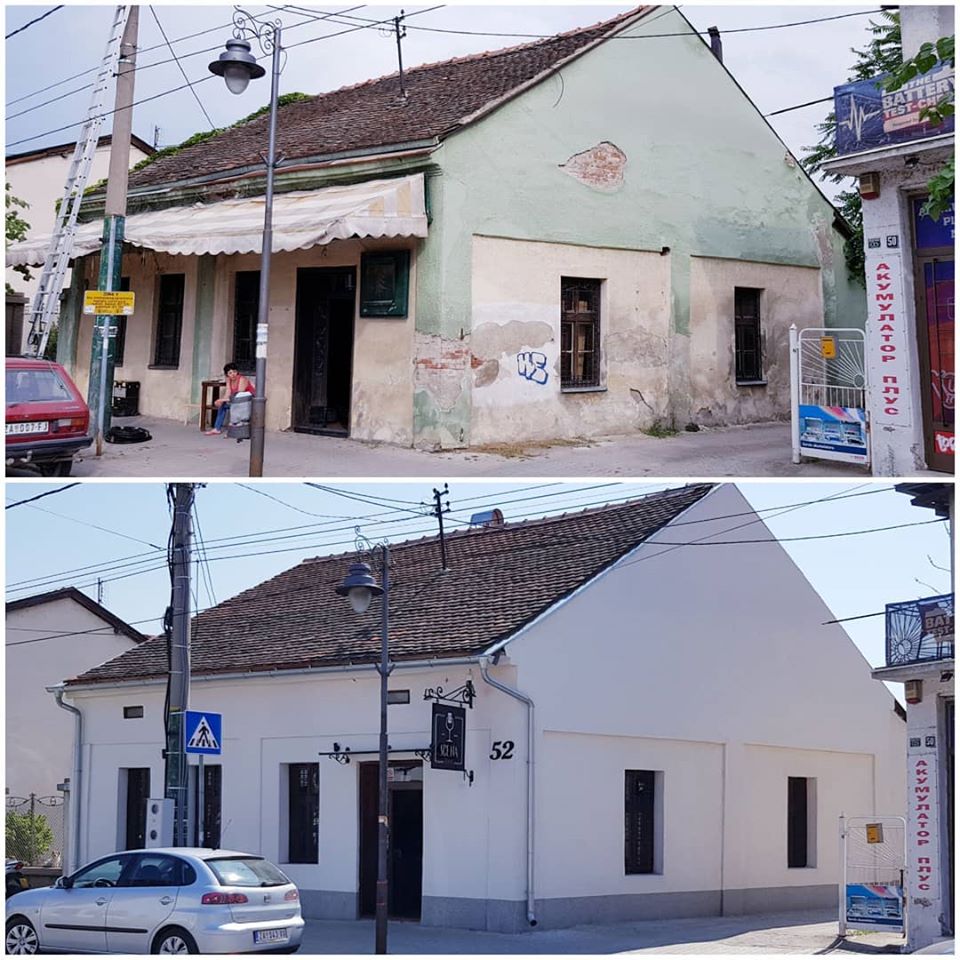
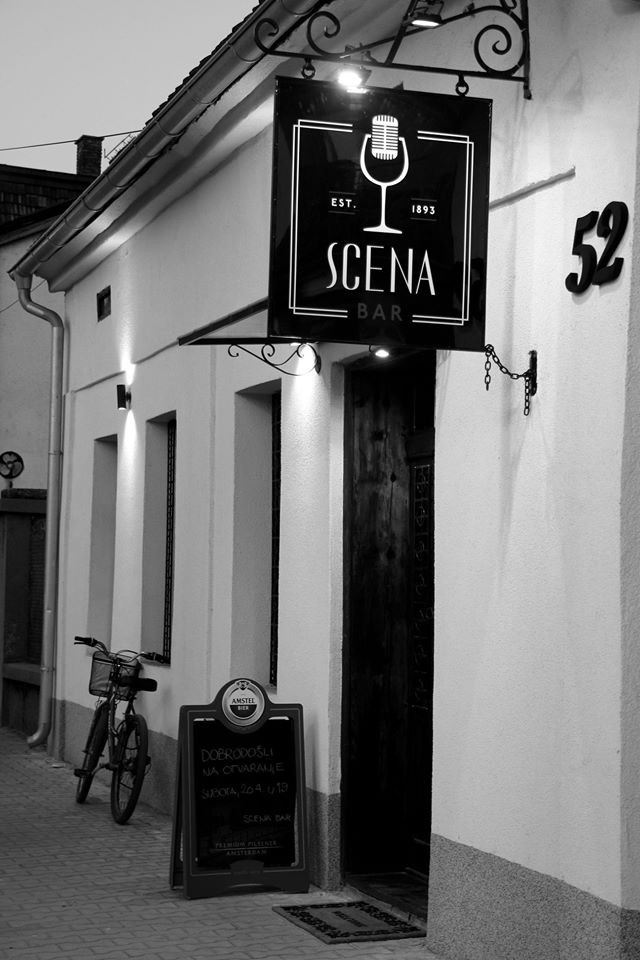
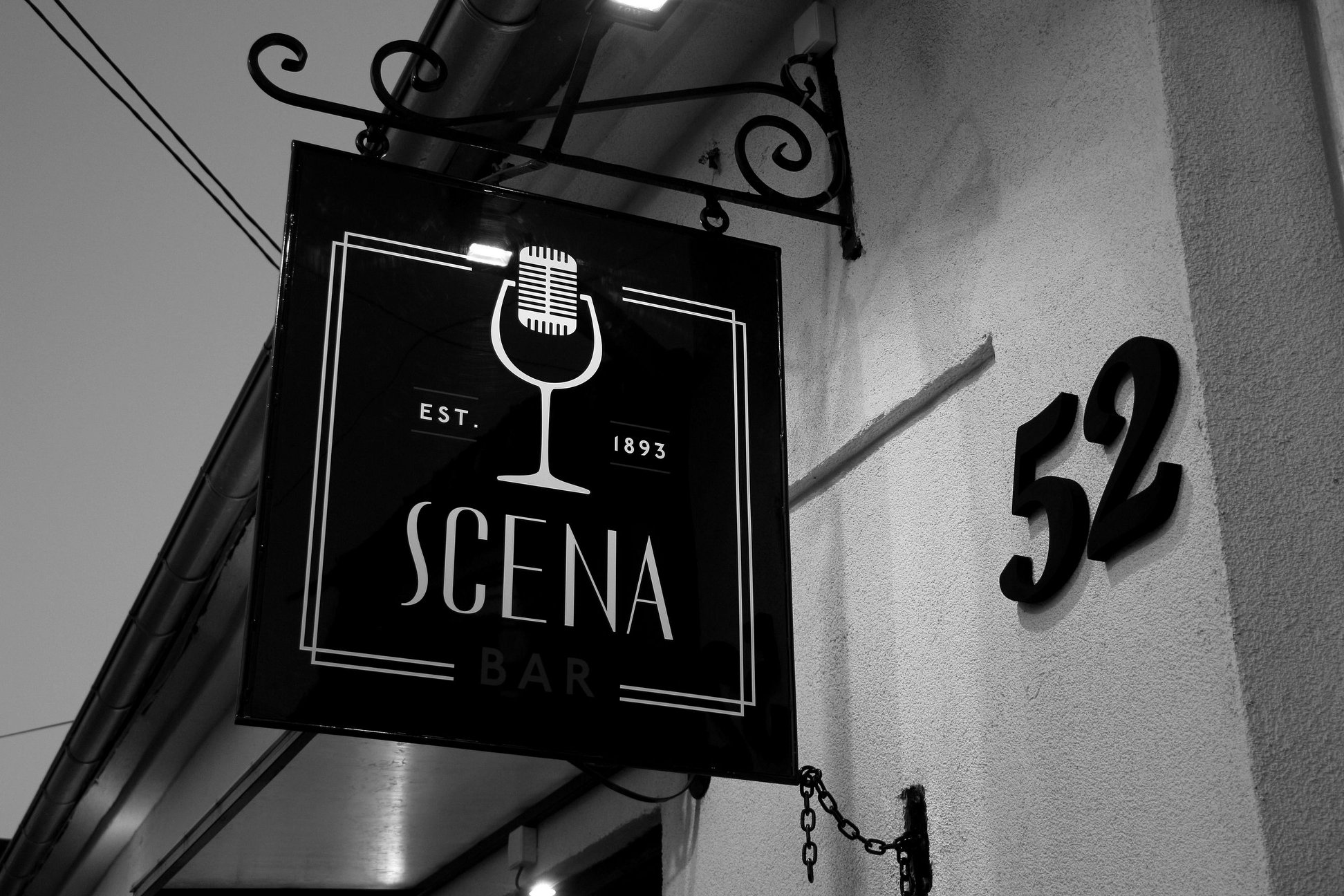
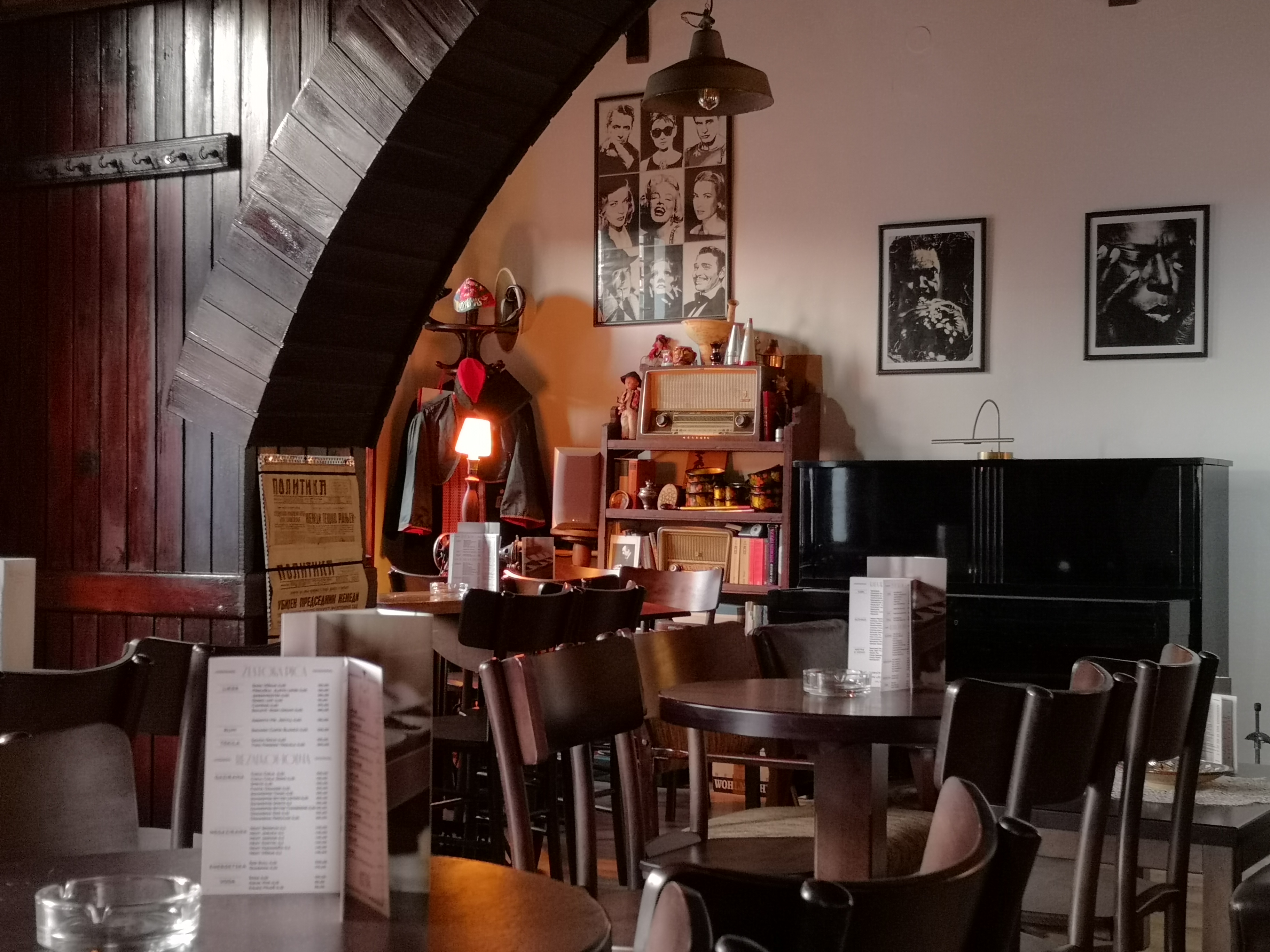
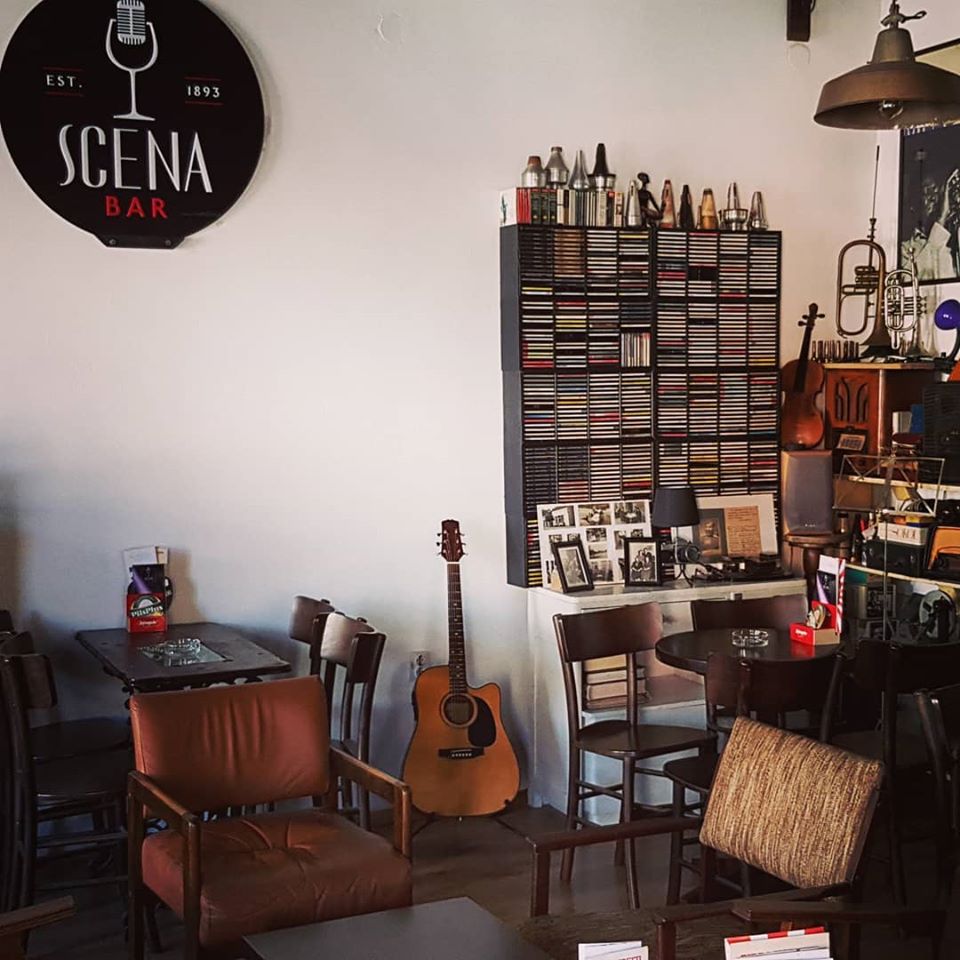
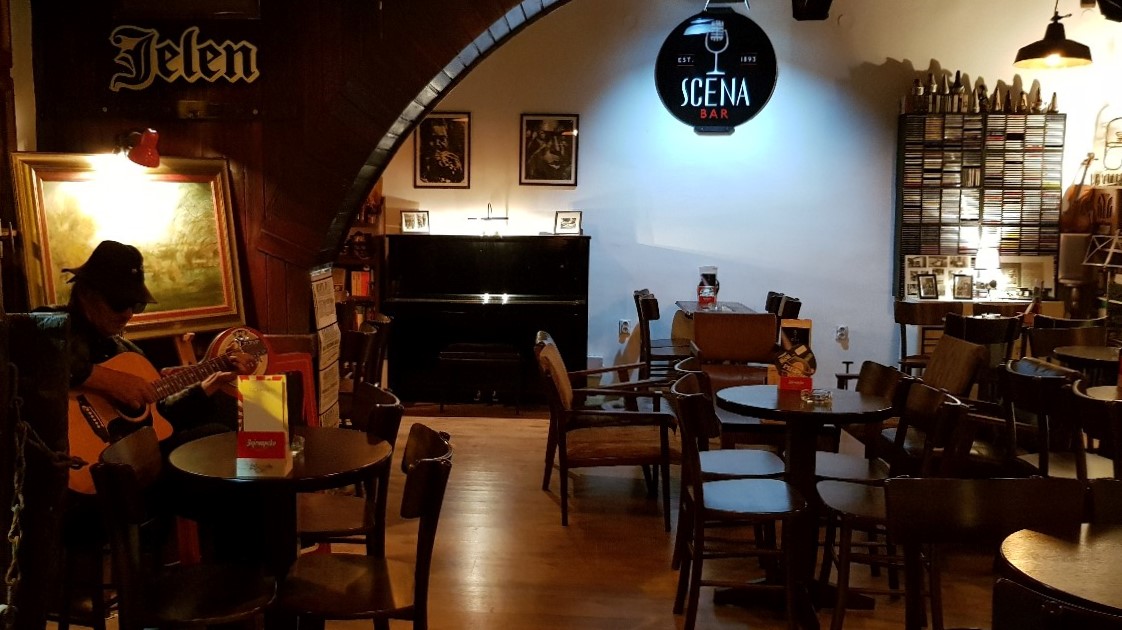
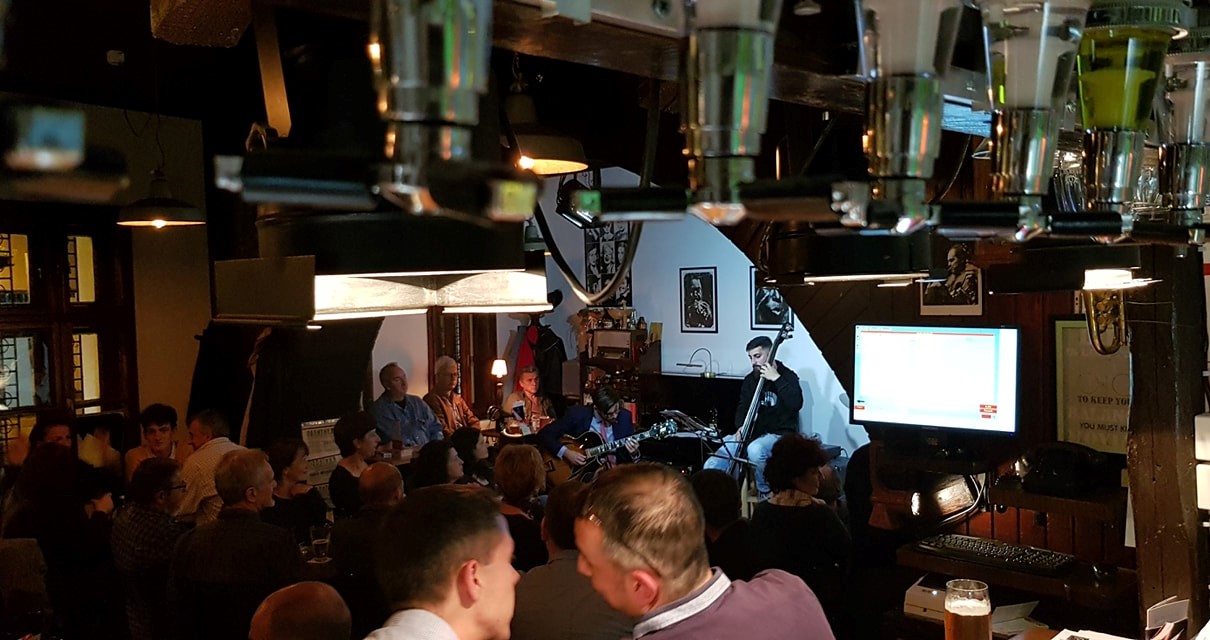

The National Museum building was built in 1927 as a home to the military institute for road design.
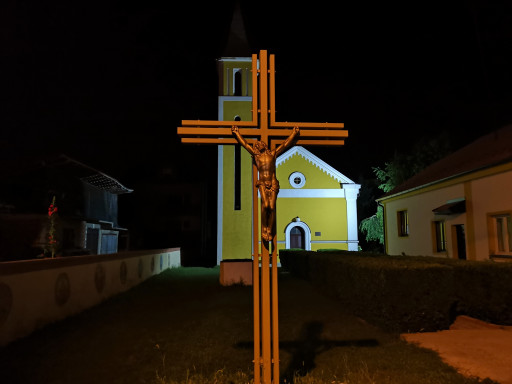
During its history, beside Assumptionists, the parish has been run by Salesians, Diecesians, and at...
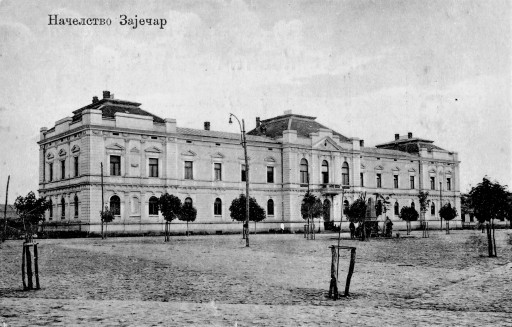
In 1907, the prominent Serbian architect Petar Popović designed the building of the Zaječar Magistra...
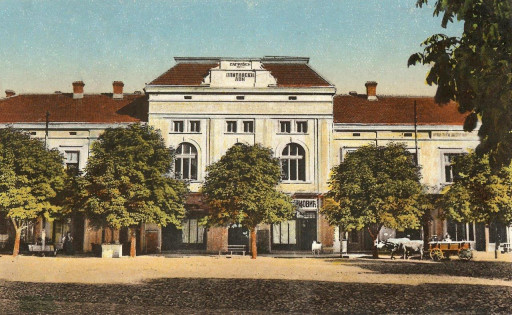
The works on this building begun in 1909 but it was not finished until 1923 under the leadership of...